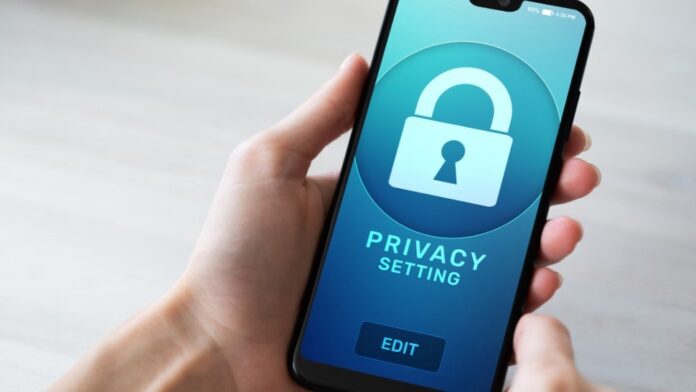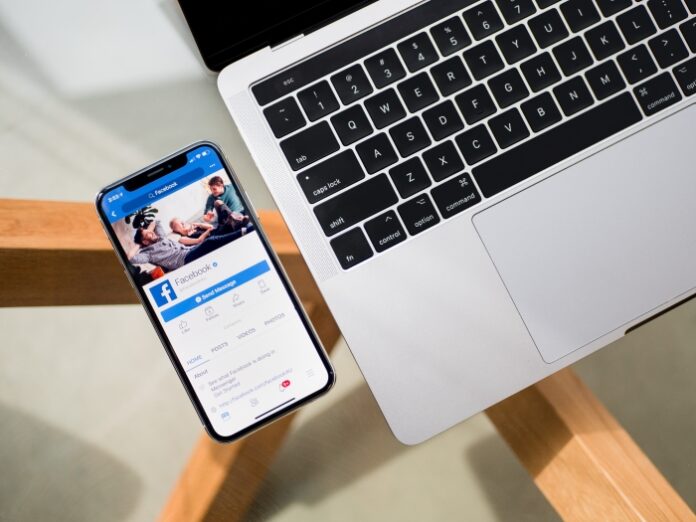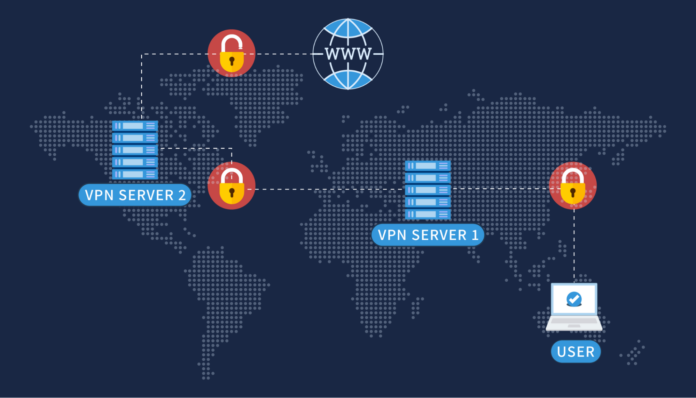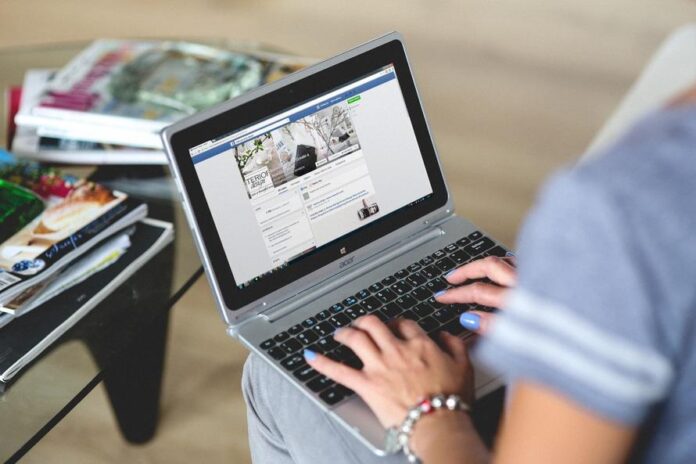Being the most popular social network, Facebook is a good place to harvest data. Regardless of who you are – a brand or a private user, and what information you might have that other people could make use of, certain data points about you that might have consequences for you can be extracted.
For example, Mark Zuckerberg, the founder, and CEO of Facebook has threatened to pull Facebook out of the European Union if it passes new legislation that will limit collecting data and sharing it with its products and servers in the US.
Not to mention possible accidents that can end up leaking your data to someone you would rather not share it with. These are the reasons why you should consider protecting your privacy more and taking cover behind the anonymity that can make your browsing more secure.
Let’s run through a few tips on how to do that.
1. Enhance your privacy in settings

One of the simplest ways to improve your privacy and anonymity is to set everything on the site so that the least amount of info would be exposed to other users.
You can limit who sees your posts, how easily your profile will be found through search engines, who can send you friend requests, and whatnot. If such things bother you, and your privacy is more important to you than your publicity, these are the things you should do first.
Of course, you should not forget to hide your contact info and not expose your phone or email to other users, for someone will surely collect it for future spamming.
Another easy way to reduce tracking of you is to set preferences on what basis ads are being displayed for you. By reducing the number of categories that are used here, you will receive much less targeted ads. It means that you will not be targeted as much because you will not be traced as much.
2. Use as little personal data as possible
You should avoid using your direct contact info such as phone number and email that you use for your work or personal matters. They contain lots of information about you or people you have contacted. On a bad day, that could lead to an unpleasant situation.
You can make a phone number or an email specifically for Facebook. If you don’t use them for any other purpose, you will leave all your data beyond reach for those who would obtain your contact info after a potential leak.
3. Change personal details

If you want a completely anonymous browsing on Facebook rather than more anonymity for your profile that you use, you can try changing your personal details such as name and photo.
That is not a sustainable way of keeping your anonymity because Facebook can suspect that it is not your real name and ask to change it back or provide a profile that your legal name has changed. However, in some instances, you could slip by, nonetheless.
Other than that, you can avoid exposing details about your hometown, date of birth, family relations, and things of that nature. If you provide a few fake details, nobody will have a complaint about that, yet you will secure more anonymity for yourself.
4. Use a proxy server
If you want to stop any kind of surveillance of your traffic on Facebook, you must use Facebook proxies. That is a tool for browsing Facebook anonymously in terms of your trafficking. Check metrow.com for more help.
A proxy is an intermediary server that disguises your IP address and provides its substitute to work instead. Multiple IP addresses can be used to mask your identity. When you send a request to Facebook, it comes not directly from your IP address which contains information about you but from an IP of a proxy server that has no such data about you.
When different IPs change and are used for your requests, there is no link between different requests, and any possibility of tracing your activity is gone.
5. Use other intermediary servers

You can try other alternatives for your anonymity that use similar methods as proxy servers. For instance, a virtual private network (VPN) works well for improving your anonymity. It also uses a different IP address that masks your original one.
You can hide your location and other details that your IP address has. However, if you use a VPN, it does not have the ability to rotate many different IP addresses often. It means that you will work with a different IP each time. Of course, it will still have different information than your original IP.
But if you wish to avoid getting tracked when browsing on Facebook, a VPN provides only a thin layer of anonymity for your IP address but not for your overall activity.
Concluding thoughts
Despite all the tips, you can’t stop being exposed altogether when you are using Facebook. After all, it is a public platform that needs to collect some of your data to make it possible for you to use it. Other users will also see your activity, at least to some extent, if you will do anything there. But the more layers of security you will add, the more anonymous you will remain on Facebook. Therefore, wisely choose which methods to use for your best interest.







